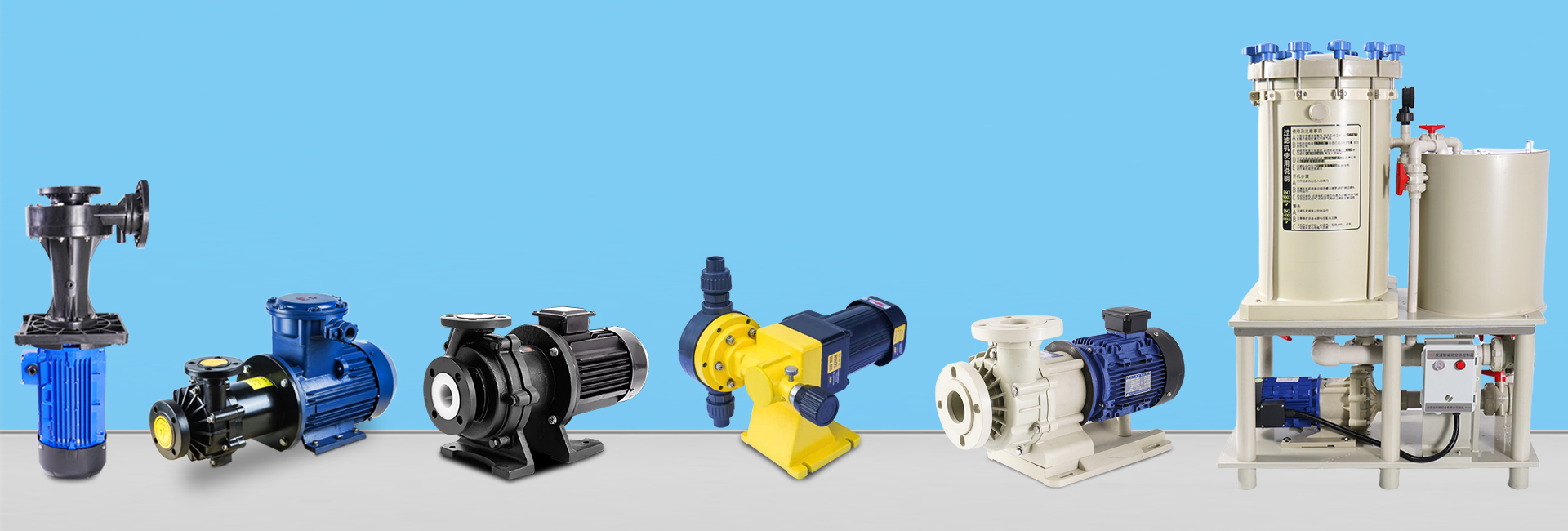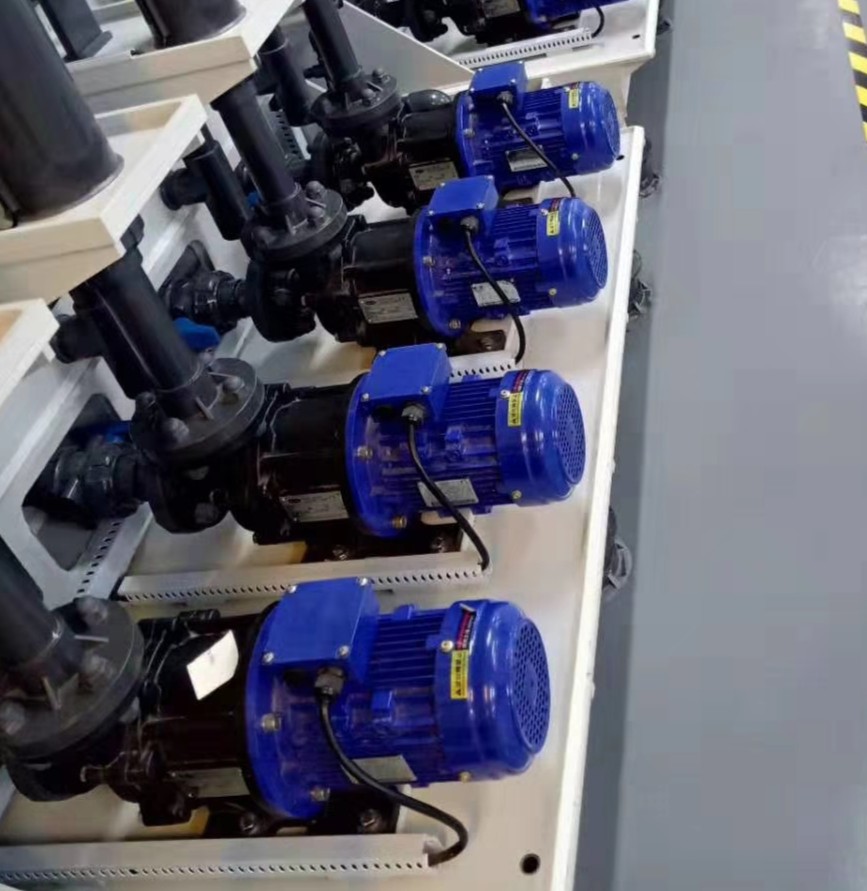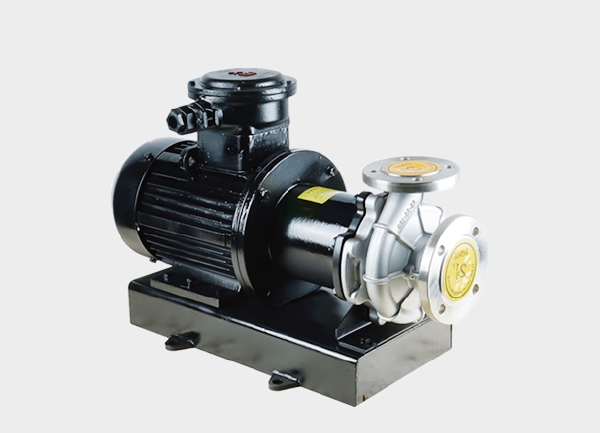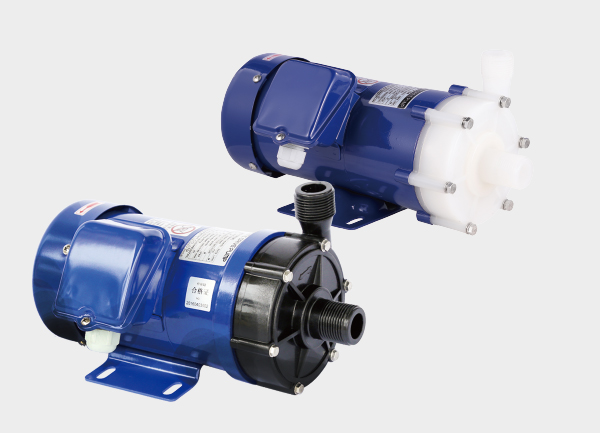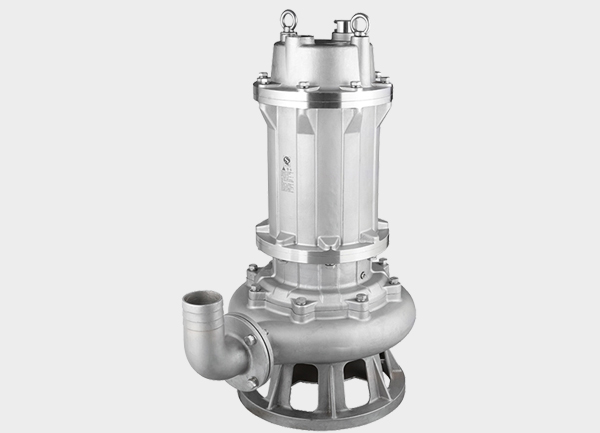Acid-resistant chemical pumps are industrial devices specifically designed for handling strong acids, strong alkalis, and highly corrosive media. They are widely used in chemical engineering, electroplating, environmental protection, metallurgy, and related industries. This article provides a detailed analysis from the perspectives of core technologies, application scenarios, selection criteria, and maintenance practices.
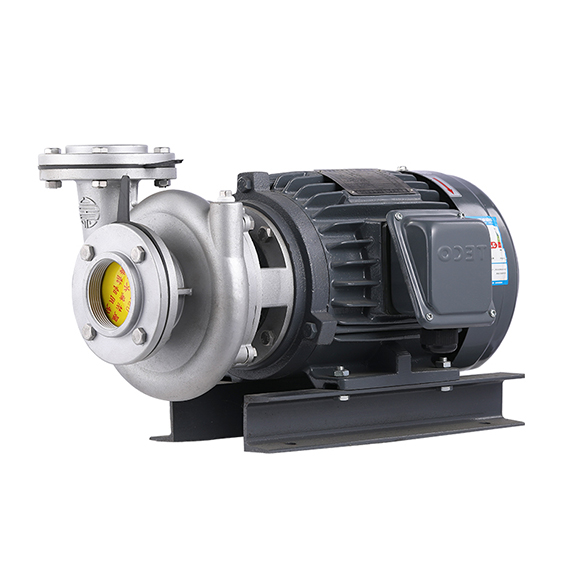
I. Core Technologies and Structural Design
1. Material Innovations
Fluoropolymer Family: Mainstream products use fluoroplastics (such as F46, PFA) lined with a metal shell. For example, Shijiazhuang Boda Industrial Pump’s IHF series uses a tortoise-shell mesh anchoring structure that enhances bonding between fluoropolymer and metal, enabling safe transport of aqua regia, hydrofluoric acid, and similar media at -20℃ to 200℃. Soluble PTFE (PFA) allows continuous use at up to 260℃, suitable for high-temperature operations.
Special Alloys: Hastelloy B3 exhibits a corrosion rate of only 0.05 mm/year in 98% sulfuric acid at 100℃, compared to 1.2 mm/year for 304 stainless steel, making it the preferred choice for transporting concentrated sulfuric acid at elevated temperatures.
Ceramic Materials: Pressureless sintered silicon carbide prevents metal ion contamination during hydrofluoric acid transfer in semiconductor manufacturing. With hardness second only to diamond, it offers excellent wear resistance.
2. Seal Technology Advancements
Mechanical Seals: Zeus Pump’s FXB-Z acid pump uses a self-balancing spherical mechanical seal that operates under negative pressure to reduce friction, achieving six years of leak-free operation. External bellows seals (e.g., Shanghai Boquan’s IHF series) with SiC/ceramic combinations are ideal for slurry with high solid content.
Magnetic Drive Seals: KNKE (USA) offers energy-efficient magnetic drive pumps that completely eliminate leakage risks with seal-less designs. In chemical waste treatment, they have run continuously for six months without failure, reducing energy consumption by over 15% compared to conventional pumps.
3. Structural Optimization
Back-Pull-Out Design: IHF pumps can be serviced by one person without removing piping, greatly reducing downtime.
Thicker Shafts & Shorter Overhangs: Third-generation products from Shanghai Boquan Pump enhance operational stability and cut maintenance costs by 30%.
Hydraulic Model Optimization: CFD simulations increased the impeller backward-curved angle from 22° to 30°, improving centrifugal efficiency by 9.6% and reducing energy consumption by 15.8%.
II. Typical Application Scenarios
1. Chemical Production
Ion-Exchange Membrane Caustic Soda: Chlorine wastewater requires fluoropolymer centrifugal pumps, such as Boquan’s IHF series, operating steadily from -20℃ to 120℃.
Nonferrous Metal Smelting: Electrolyte transfer demands extreme corrosion resistance, where Hastelloy B3 pumps support long-term, high-load operation.
Pesticides & Acid Production: For precise dosing of corrosive media, magnetic drive pumps are preferred due to their zero-leakage design—KNKE’s units perform especially well in mixed-acid transfer.
2. Environmental Protection & Water Treatment
Acidic Wastewater Neutralization: Zeus’s FXB-Z pumps can transport acid slurry with 20% solids (≤2 mm particle size), suitable for electroplating solution recovery.
Flue Gas Desulfurization: Circulating limestone slurry requires high abrasion resistance. High-silicon cast iron pumps last over 8,000 hours in acid/alkali particle-laden environments.
3. Special Industry Demands
Semiconductor Manufacturing: Hydrofluoric acid must be handled by pressureless sintered SiC magnetic pumps to prevent metal ion contamination in chip production.
Food Industry: Acidic slurries (e.g., fruit juice) require sanitary-grade pumps; full-plastic flow path designs in fluoropolymer centrifugal pumps meet hygiene standards.
III. Key Selection Criteria
1. Media Compatibility
By Acid Type: Hydrochloric acid → fluoropolymer pumps; nitric acid → stainless steel or titanium alloy; hydrofluoric acid → silicon carbide.
By Concentration & Temperature: 98% sulfuric acid → Hastelloy B3 or SiC; 30% dilute sulfuric acid → 316L stainless steel. High-temperature media (>100℃) require cooling systems.
By Solid Content: Media with particles require K-type dynamic seals or filtered magnetic pumps (e.g., Zeus FXB-Z).
2. Accurate Parameter Calculation
Flow & Head: Reserve 10–20% capacity above demand; actual head should account for pipeline resistance (theoretical height ×1.2). Example: for 5 m height, choose ≥6 m head pump.
Power Matching: Concentrated sulfuric acid has high density (1.84 g/cm³); motor power must be recalculated using shaft power × fluid density to avoid overload.
3. Environmental Adaptability
Protection Rating: Outdoor installation → IP54 or higher; explosive environments → explosion-proof motors.
Dry-Run Protection: Conditions prone to dry-running require G-type mechanical seals with external cooling water to prevent wear.
IV. Maintenance and Safety Operation
1. Routine Maintenance
Seal Check: Regularly measure mechanical seal gaps (0.1–0.3 mm between static and dynamic rings). Replace immediately if leakage occurs.
Lubrication: Replace bearing grease every three months. Use perfluoropolyether (PFPE)-based acid-resistant grease to avoid reactions with process fluids.
Filtration & Backflow Prevention: Install 50-mesh filters at inlets and non-return valves at outlets to protect impellers from reverse flow.
2. Safe Operation Guidelines
No Dry Running: Magnetic pumps running dry for over 30 seconds risk magnetic coupling failure.
Temperature Control: Fluoropolymer pumps are typically rated for ≤120℃ continuous use. For higher temperatures, add cooling systems.
Personal Protection: Maintenance requires acid-resistant gloves and goggles to avoid exposure to residual acids.
Conclusion
When selecting acid-resistant chemical pumps, media compatibility testing by professional institutions is essential, and proven brands with successful case studies (e.g., Shijiazhuang Boda, Zeus Pump, Shanghai Boquan) should be prioritized. Proper selection and maintenance are the keys to ensuring safe production and reducing operating costs.

